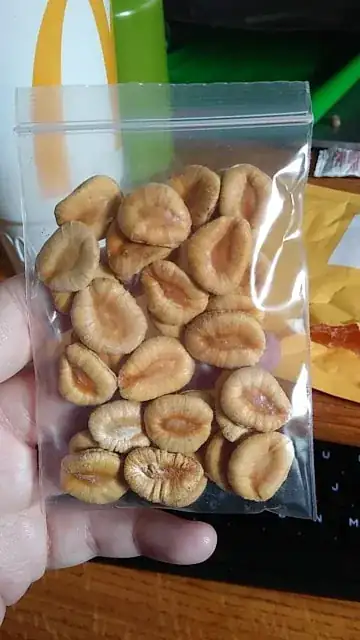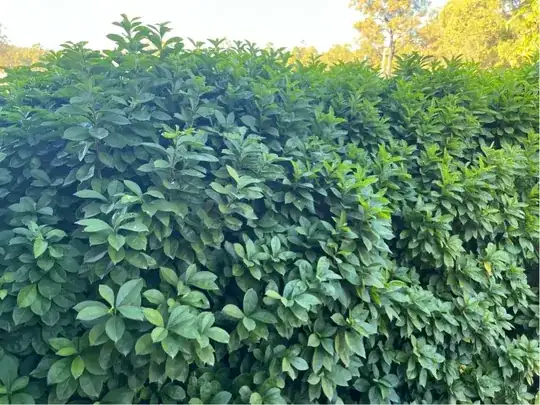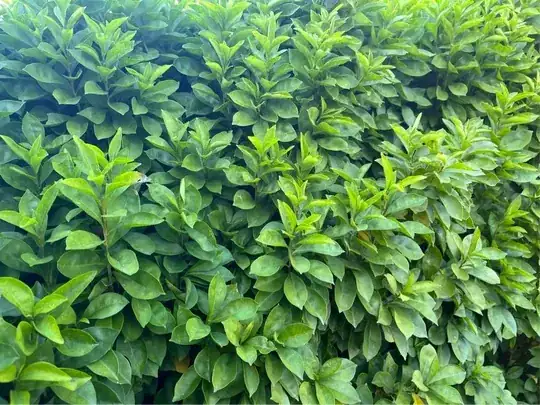I fully understand the surprise in the nursery: Brunfelsia pauciflora is known as an easy grower also in cooler climate outside optimal conditions.
The lack of flowers does not mean you did anything wrong.
Light conditions seems to be perfect. They prefer lots of light but not too much direct sunlight at noon.
They are healthy and has a dense growth indicating a satisfactory soil.
Bloom boosters
As user willyjoker partly covered, in N-P-K (Nitrogen-Phosphorus-Kalium) fertilizers a high value of N is said to stimulate growth of leaves, P flowers and fruits, and K the roots.
In case of P deficiency adding Phosphorus in a useful form to the soil could be the solution.
But even in the case of P sufficiency a very high value of N can make the plants prioritize growth of leaves on the cost of flowers.
In such case a bloom booster is good for nothing. The dark green colour and dense growth indicates a high value of N in the soil.
High P in fertilizers (bloom boosters) is often obtained by adding Calcium Phosphate known for making the soil alkaline, and that is not helpful for plants preferring acid soil.
Water
If you did anything wrong, it is my guess it is related to watering.
These plants need plenty of water, and you should consider carefully how you do it:
If you water frequent but only enough to make the upper two inches of soil wet, then you stimulates your hedge to produce roots in this upper layer, which quickly dries out during the day.
Try to dig a small hole after watering to check where the water goes and where the hedge produces roots!
Using the same amount of water per week you may find that it is better to use two times the amount of water every second day og even three times every third day.
For a professional solution look for a dripper hose and an automatic valve, and program it for irrigation in the early morning.
You can also use a piece of drainage pipe and place it vertical to bring the water to a lower level.
Observe:
Dry soil conditions also can induce phosphorus deficiency in young plants.
From table 3 in this source you will also learn that you should prefer manure from cattle or chickens if using an organic fertilizer.
So what do you do now?
Success in the garden is often related to patience.
You could have the soiled tested and you could replace the soil for at least one plant.
Or you can be patient: Sooner or later any extraordinary value of N has been consumed, and with proper irrigation, sparse use of a balanced fertilizer and good care, your hedge will be covered by flowers.


